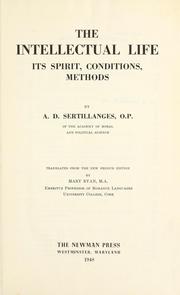
Recently The Browser created a list of the five best philosophy books, recommended by philosophers, on “the big questions of morality, suffering, and meaning.” An online magazine called The Browser has a regular series titled the “Five Books Interviews.” The series has attracted some intriguing folks, such as Lynn Hunt offering her best of five on the French Revolution, Judith Flanders on the Victorian Age, and Woody Allen discussing the books that have inspired him. Today, however, I want to offer something a bit different.

Here are a few for your reading pleasure. After 1945 the working class movement for self education rapidly declined for a number of reasons and this why the author states ‘this is a success story with a downbeat ending’.The end of the year is a traditional time in journalism to offer up various “best books” lists.

What is described and thoroughly researched is how many working class people acquired their knowledge and showing that the best of culture is for everyone. Another character, Margaret Schlegal, comments ‘His brain is filled with the husks of books, culture – horrible we want him to wash out his brain.’ This chapter analyses the attitudes of some of the educated middle class authors of the time and is an example from only one part of this vast and very important book. Forster portrays him as pathetic, hopelessly trying to acquire culture from the intelligentsia, and ‘inferior to most rich people’. Anyone familiar with the story will know that Leonard Bast is the working class character trying to educate himself but E. One chapter entitled ‘What Was Leonard Bast Really Like?’ gives the reader a completely new insight into the author of ‘Howards End’. All thinking people will be inspired by the memoirs, social surveys, statistics and research into how the working classes educated themselves. How good books, music and fine art moved the long revolution forward for the poor, uneducated masses, from the pre-industrial era to the twentieth century. This is a brilliant book for all people interested in the history of the working class.


 0 kommentar(er)
0 kommentar(er)
